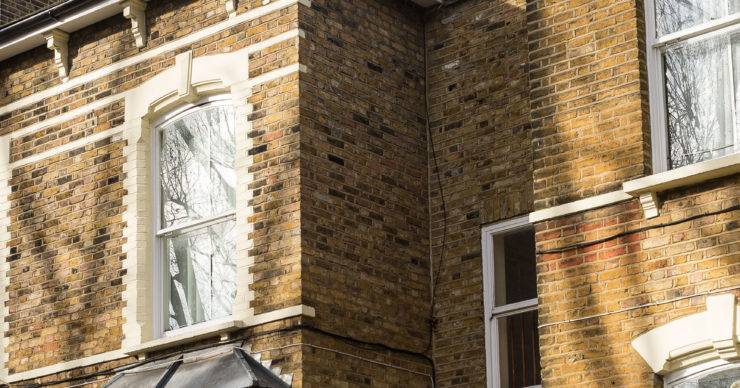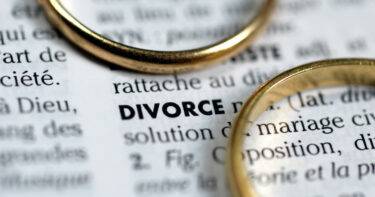
03
Nov 2020
Declarations of Trust
The law in England & Wales makes a distinction between the legal and beneficial owners of land. The legal owner is the person in whose name the land is registered at the Land Registry. The beneficial owner is the actual owner. The registered or legal owner is said to hold the property on trust for the actual or beneficial owner and it is not always the case that the registered owner is the actual owner.
When two or more individuals are to purchase a property, they require to make a declaration of trust and are given three choices; to hold the beneficial interest as joint tenants or tenants in common and, if the latter, in what shares.
No joint tenant holds a separate share, but each enjoys the entire co-owned interest equally with the other joint tenant/s. The legal interest is always held by co-owners as a joint tenancy so that on the death of one co-owner the entire legal title always passes automatically to the surviving co-owner/s. When the beneficial interest is held in this way, on the death of one co-owner the surviving co-owner/s will also own the entire property either without the need for a will or in disregard to a will that says otherwise.
However, where co-owners hold the beneficial interests as tenant in common, each owns an actual share in the property. Those shares can be equal or unequal and will form part of each co-owner’s estate to be gifted by a will or to pass to another by the rules that apply when there is no will. A beneficial joint tenancy can be brought to an end or severed at any time by the unilateral act of one co-owner. If that occurs, the co-owners will own the property as tenants in common and in equal shares.
If co-owners purchase as joint tenants or tenants in common in equal shares a contribution towards the purchase by one co-owner will be treated as a gift to the other. Contributions by one co-owner or a third party and / or unequal shares can be recorded in a deed of trust in an attempt to avoid argument at a later date.
If you need advice about a dispute, please contact us by phone on 0800 015 0340 or e-mail info@chadlaw.co.uk.
If you have a dispute that involves either a business or residential lease or land and buildings – including ownership, boundaries and rights of way – please e-mail newenquiries-proplit@chadlaw.co.uk.
Alternatively, if you have a dispute that relates to a will or inheritance please e-mail newenquiries-inheritancelit@chadlaw.co.uk.
- Like this ? Share with friends





